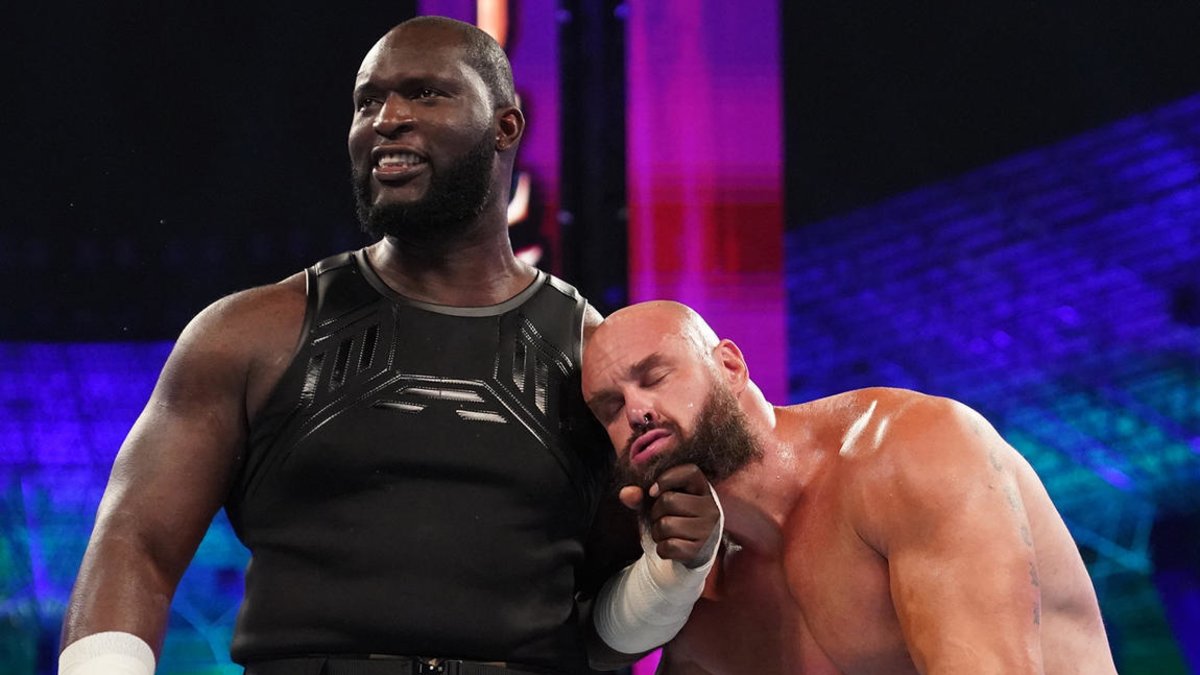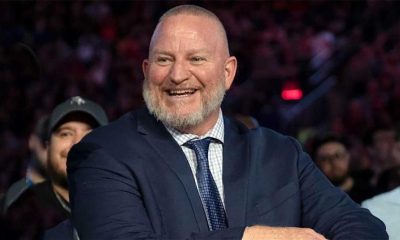3 Key Points
- Kurt Angle revisits past WWE segments that haven’t aged well in terms of content and humor.
- Remarks that were once seen as humorous are now recognized as potentially offensive.
- Angle acknowledges regret over some of the scripted lines he delivered while with WWE.
Kurt Angle Addresses Questionable WWE Moments
At a recent appearance at Steel City Con, WWE Hall of Famer Kurt Angle candidly discussed some of the eyebrow-raising promos he delivered during his early 2000s WWE run. The wrestling icon admitted his unease with how certain remarks made under the guise of his character may be perceived in today’s more socially conscious environment.
“I said a lot of stuff back then,” Angle confessed, recalling a promo that involved a play on words with fellow wrestler Rey Mysterio. He elaborated with a slight cringe, “This was a time when I was cutting a promo on Rey Mysterio, and I said, ‘Rey Mysterio, you’re a boy in a man’s world, and I’m a man who loves to play with boys.’ And I was like, ‘No, that’s not what I meant!'”
Reflecting on a Changed Landscape
The segment in which Angle infamously stumbled over his dialogue was originally aired on “WWE SmackDown” in 2002. Though it managed to escape heavy criticism at the time, the essence of such content jars with today’s societal norms. Angle also alluded to another controversial instance from WWE’s New Year’s Revolution 2006 event. He was scripted to voice unpatriotic sentiments and make racially insensitive comments, which he now acknowledges was a mistake.
In reflecting on those moments, Angle stated, “I said whatever Vince McMahon told me to, and I probably shouldn’t have said some things I said. Yeah, I regret some things.”
WWE’s Evolving Content Standards
WWE’s programming has noticeably shifted from the edgier, more provocative material of the past to a product that is more family-friendly and considerate of modern values. Angle’s recent reflections illustrate the stark contrast between WWE’s Attitude Era—characterized by its bold and often controversial approach—and the promotion’s current PG-rated output. This change in tone is demonstrative of the organization’s attempt to maintain relevance amidst a rapidly changing cultural climate.





















